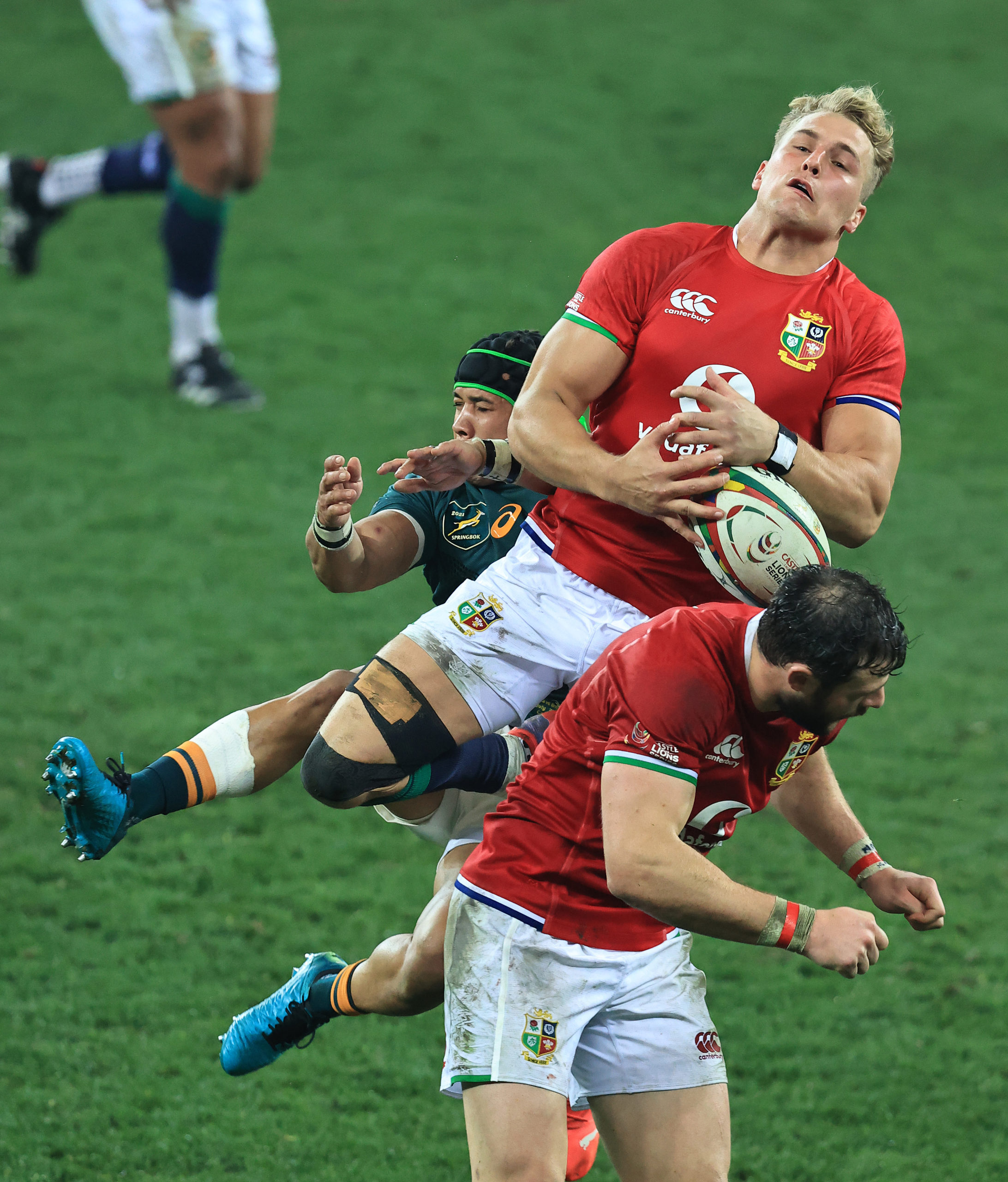Columnists
Kick-fests will make us all turn off the TV | Jeremy Guscott
Jeremy Guscott on rugby’s beige kicking game
More in Columnists
-


Kyran Bracken: Grand Slam has to be expectation, not hope for England
This England team is the closest thing we’ve had to the 2003 World Cup-winning...
-


Chris Hewett: Key pieces might yet emerge for England chief Steve Borthwick
The World Cup is all that matters, right? Everything else is 50 shades of...
-


Peter Jackson: Argentina left licking their wounds after double mugging
Tom Curry condemned Argentina to a gross injustice at Twickenham last weekend, one which...
-


Peter Jackson: Daan Human factor has made Springboks even deadlier
Forensic experts engaged on a week-long trawl through the ruins of the Irish pack...






















